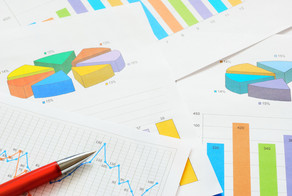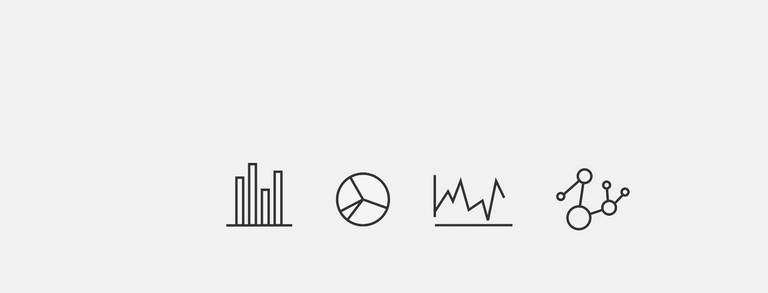Inflation Perception Indicator
The Inflation Perception Indicator (IPI) for Germany is based on a corpus of three million articles published by the newspapers "Die Welt", "Handelsblatt" und "Süddeutsche Zeitung" starting in January 2001. It is designed to detect thematic trends, thereby providing new insights into the dynamics of inflation perception over time. Economists inspired by Robert Shiller have called for analyses of economic narratives to complement econometric analyses. The IPI operationalizes such an approach by isolating inflation narratives circulating in the media. Methodically, the IPI makes use of RollingLDA, a dynamic topic modeling approach refining the rather static original LDA to allow for changes in the model’s structure over time. By modeling the process of collective memory, where experiences of the past are partly overwritten and altered by new ones and partly sink into oblivion, RollingLDA is a potent tool to capture the evolution of economic narratives as social phenomena. In addition, it is suitable to produce stable time-series, to the effect that the IPI can be updated frequently.
Researchers are welcome to use our data for their own analyses (Müller, H., Schmidt, T., Rieger, J., Hornig, N. and Hufnagel, L. M. (2023). “The Inflation Attention Cycle. Updating the Inflation Perception Indicator (IPI) up to February 2023 – a Research Note”, DoCMA Working Paper #13.) The data of the latest UPI version is free for download. The data set includes:
- The IPI values till May 2022 (Analysis corpus relative to entire corpus, monthly data)
- The IPI LDA's topic shares over time (word occurences relative to entire corpus, monthly data)
- The IPI LDA's topic words over time (absolute occurences, monthly data)
For question on methodology see the respective working paper.




